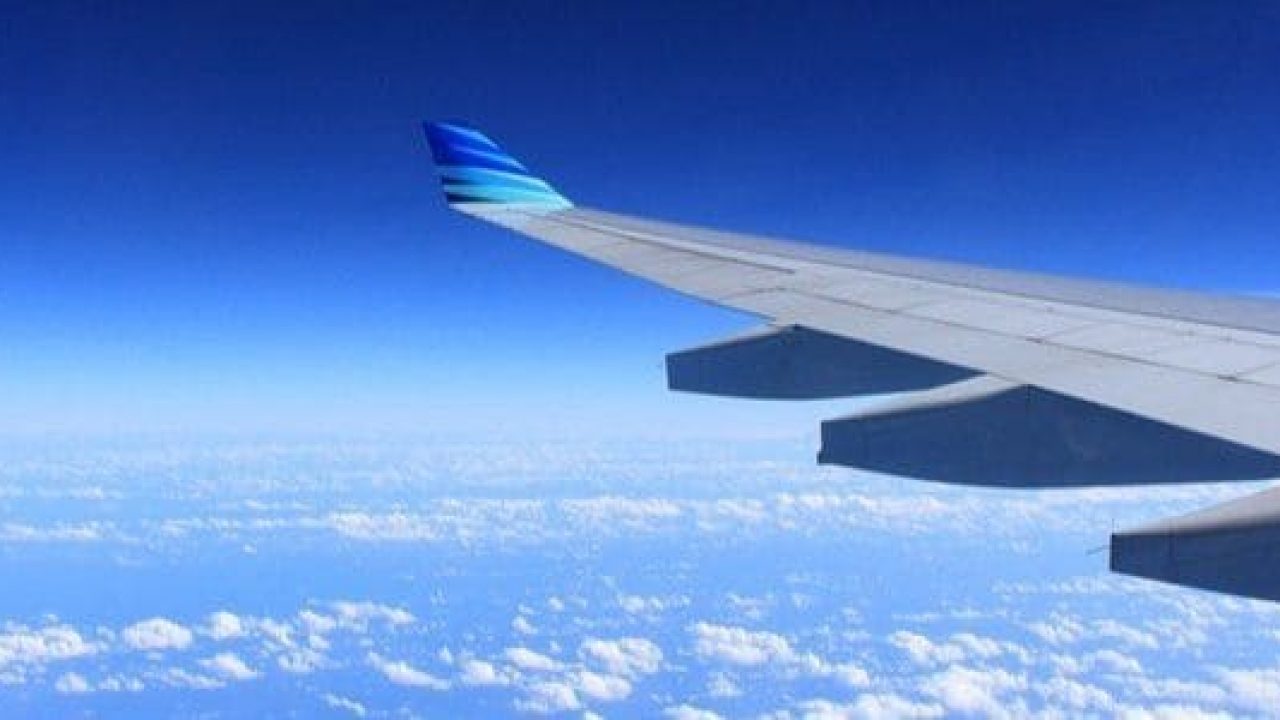AfricaPress-Tanzania: THE East African Community (EAC) partner states have been badly affected by the Covid-19 pandemic, specifically in the transport and logistic sectors.
The Covid-19 outbreak has created shocks to trade flows due to transport and logistics disruptions.
A global supply chain shock that began with production shocks primarily in China is spilling over to EAC economies.
According to the East African Business Council (EABC), disruptions caused by the pandemic include breakdown of supply chains due to severe disruption in inbound and outbound logistics in air and sea cargo shipments, trucking and rail cargo services.
“The growing threat of the coronavirus has created a serious risk to supply chains, as manufacturers and retailers face the possibility that suppliers will halt production, and they won’t be able to replenish run-down stockpiles,” said Dr Peter Mathuki, the Chief Executive Officer of the EABC, in a report released yesterday.
He added that impact on transport and logistics will have a ripple effect on key economic sectors such as manufacturing, agriculture, construction, education amongst others due to the interlinked global supply chain.
There is expected slower clearance of cargo at sea ports – Mombasa and Dar es Salaam and at the One Stop Border Posts (OSBP) of the EAC member states – Tanzania, Kenya, Uganda, Rwanda, Burundi and South Sudan.
There will also be Covid-19 related Non Tariff Barriers (NTBs) in the Community for cross border cargo movement due to the human factor of truckers.
Restricted movement of people as countries shutdown airports and restrict the entry of international passengers is yet another disruption. EAC partner states are also imposing curfews and lockdowns.
The global aviation industry worldwide is sagging under the weight of the current coronavirus pandemic, and Africa is no exception.
With strong links to China, both for tourism and trade, African airlines are somewhat more exposed to the current disruption than anywhere else.
Kenya Airways, RwandAir, Air Tanzania and Uganda Airlines have placed embargoes on passenger flights.
In Kenya there is a daily curfew from 0700 pm to 0500 am imposed effective from March 27, 2020 affecting all except essential service providers.
There is a 21-days lockdown in Nairobi, which started on April 6.
That impacts office hours for Customs officials to 9.00 – 3.00pm at a 50 per cent reduced staffing. There is also reduced access to Customs officers and other officials, delayed placement of shipments to Customs verification and release processes. Kenya Ports Authority, meanwhile, has reduced the workforce to two shifts.
Mombasa Port is operational with mandatory inspection of vessels by Port Health services.
There are reduced vessel calls mainly from the Far East and Europe as well as reduced availability of containers for exports due to fewer arrivals.
Uganda is in a two-week countrywide lockdown. While borders are, however, open, there are some delays in clearing trucks crossing the border due to imposed curfews.
That has, according to EABC, an impact on deliveries of exports and picking up of imported cargo from the ports.
As a precaution and preventive measure, there is stringent medical screening for the crew at all border points. Only drivers, turn-men plus the clearing agent are allowed across the border.
Rwanda’s government announced lockdown measures from March 21. Borders are closed, except for goods and cargo, as well as returning Rwandan citizens and legal residents, who are subject to mandatory 14-day quarantine at designated locations.
Travel between different cities and districts of the country is not permitted, except for medical reasons or essential services. Transport of food and essential goods will continue to function.
As for Burundi, movement to and from Bujumbura is only through the Tanzania-Kobero border as Burundi – Rwanda border is closed.
South Sudan imposed a countrywide curfew from 8:00 pm to 6:00 am. Public institutions work half day from 7.30 am to 1:00 pm Monday to Friday.
With all EAC member states joining forces in the fight against the deadly virus, the region has thus resorted to closing all borders with an exemption granted for cargo and fuel tanks.
Strict control for truck drivers at the borders and mandatory quarantine for affected drivers.







